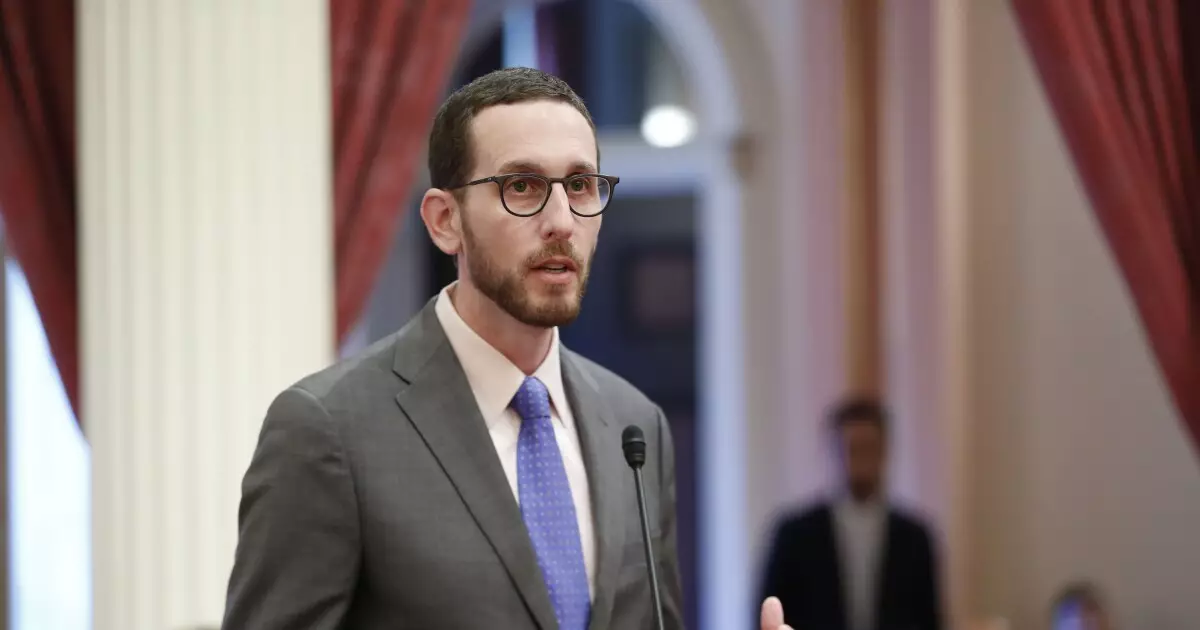A recent tax measure proposed to provide funding for the San Francisco Bay Area Rapid Transit system faces strong local opposition that could derail its progress before it even reaches the ballot in 2026. Senate Bill 1031, introduced by Sen. Scott Wiener and Sen. Aisha Wahab, passed the California Senate by a vote of 26-10 and is now moving to the Assembly for further review. The bill aims to authorize a ballot measure in the nine-county Bay Area to generate funds for BART, which has been struggling financially due to a lack of commuter ridership to central San Francisco following the COVID-19 pandemic.
Challenges in Crafting a Viable Measure
Despite efforts from Wiener and other regional stakeholders to create a proposal that addresses the funding needs of the BART system, opposition from local leaders is growing. San Jose Mayor Matt Mahan, along with state Sen. Dave Cortese and Santa Clara County Supervisor Cindy Chavez, are planning to form a political action committee to block the tax proposal. They argue that the measure would unfairly tax South Bay residents to support transit agencies that primarily serve other areas, creating a contentious divide among communities.
Complex Provisions and Disagreements
The bill itself is quite complex, empowering the Metropolitan Transportation Commission to select a revenue source, such as a sales tax, payroll tax, vehicle surcharge, or a combination of methods, to raise $1.5 billion over 30 years. This regional tax initiative aims to address BART’s growing operating deficits, which are projected to reach $385 million by 2027. Before the pandemic, BART heavily relied on farebox revenue to fund its operations, but with ongoing declines in ridership, the system is facing a severe financial crisis once federal relief funds are exhausted.
One of the key points of contention in the proposed measure is the requirement for a study of the Bay Area’s 27 transit agencies to assess potential mergers or coordination efforts. While some opposition arises from this consolidation study mandate, the primary source of disagreement lies in how the funding will be distributed among the various transit agencies. Critics, including Cortese, view the measure as a threat to local agencies like the Valley Transportation Authority in Santa Clara County, which would need MTC approval to seek future sales tax increases even though it relies on multiple voter-approved funding measures.
In an attempt to address some of the concerns raised by opponents, the latest version of SB 1031 specifies that counties must retain 70% of the funds raised through the measure to benefit their respective transit agencies, with the percentage increasing to 90% after six years. This provision is intended to provide a more equitable distribution of resources while still ensuring that the regional transit system receives critical funding to address its operational challenges.
Overall, the battle over funding for the San Francisco Bay Area Rapid Transit system highlights the complex interplay between regional transportation needs, local interests, and long-term financial sustainability. As the measure progresses through the legislative process, it will be crucial for all stakeholders to engage in constructive dialogue and find common ground to ensure the continued viability of the BART system for years to come.

